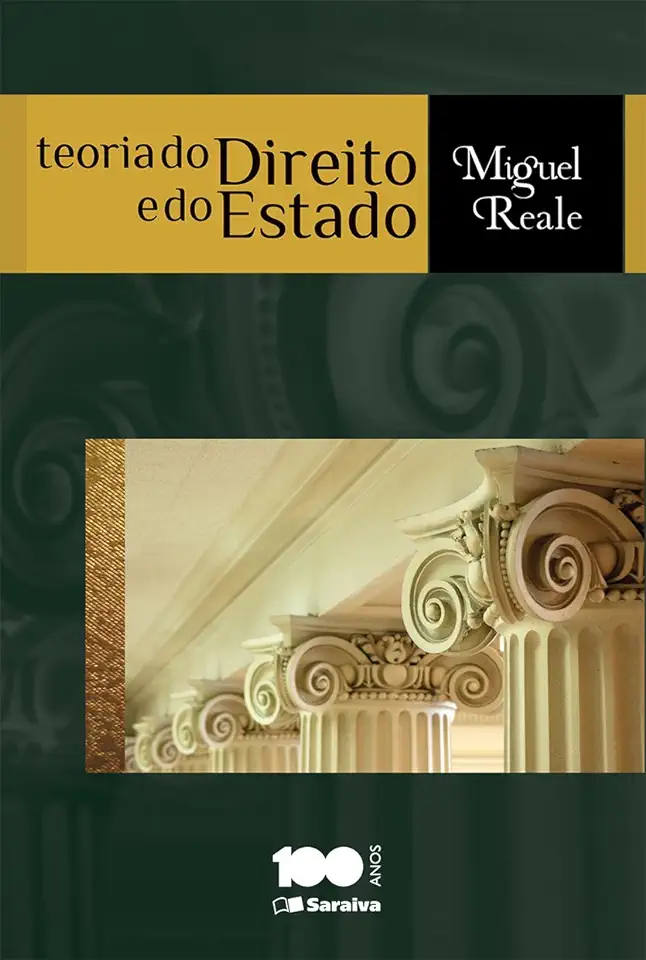
The Modern State - Miguel Reale
The Modern State: A Comprehensive Overview
In his seminal work, "The Modern State," renowned Brazilian jurist and philosopher Miguel Reale delves into the intricate complexities of the modern state, offering a comprehensive analysis of its origins, evolution, and fundamental characteristics. With a keen eye for detail and a profound understanding of political theory, Reale presents a compelling narrative that sheds light on the nature of the state and its role in shaping societies.
The Genesis of the Modern State
Reale begins by tracing the historical roots of the modern state, exploring its emergence from the ashes of feudalism and the rise of nation-states. He argues that the modern state emerged as a response to the need for centralized authority and the desire for greater political participation. Through a meticulous examination of historical events and political thought, Reale demonstrates how the modern state gradually took shape, influenced by factors such as the Protestant Reformation, the Scientific Revolution, and the Enlightenment.
The Elements of the Modern State
At the heart of Reale's analysis lies a comprehensive examination of the essential elements that constitute the modern state. He identifies four fundamental pillars: territory, population, government, and sovereignty. Each element is meticulously dissected, revealing its significance and the intricate relationships that bind them together. Reale emphasizes the importance of territory as the physical space within which the state exercises its authority, while recognizing the crucial role of population as the human element that gives the state its legitimacy.
The concept of government, according to Reale, encompasses the institutions and mechanisms through which the state exercises its power. He explores the various forms of government, ranging from monarchies to democracies, and analyzes the principles of separation of powers and checks and balances that ensure the responsible exercise of authority. Sovereignty, the supreme and exclusive power of the state, is identified as the cornerstone of statehood, distinguishing it from other forms of political organization.
The Functions of the Modern State
Reale dedicates a substantial portion of his work to elucidating the diverse functions performed by the modern state. He argues that the state plays a multifaceted role, encompassing both traditional functions, such as maintaining law and order, and modern functions, such as promoting social welfare and economic development. Through a comprehensive analysis of state activities, Reale demonstrates how the state intervenes in various spheres of society, from regulating the economy to providing education and healthcare.
Challenges and Prospects of the Modern State
In the final section of the book, Reale confronts the challenges and prospects facing the modern state in the contemporary world. He acknowledges the increasing interconnectedness of nations and the rise of global governance, while emphasizing the enduring importance of the nation-state. Reale also addresses the threats posed by terrorism, environmental degradation, and economic inequality, arguing for the need for international cooperation and responsible state action to address these pressing issues.
Conclusion
"The Modern State" stands as a monumental work of political theory, offering a comprehensive and insightful analysis of the modern state. Miguel Reale's profound understanding of history, philosophy, and law shines through every page, providing readers with a deep appreciation for the complexities and significance of the state in shaping human societies. This book is an essential read for scholars, policymakers, and anyone interested in gaining a deeper understanding of the modern world.
Enjoyed the summary? Discover all the details and take your reading to the next level — [click here to view the book on Amazon!]